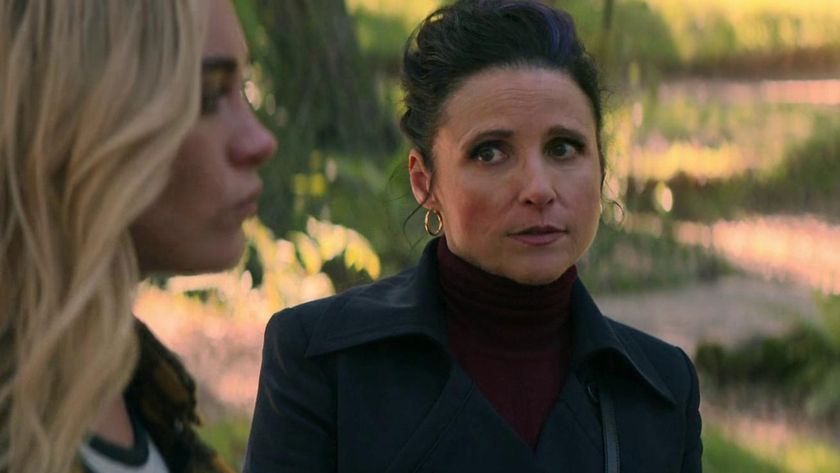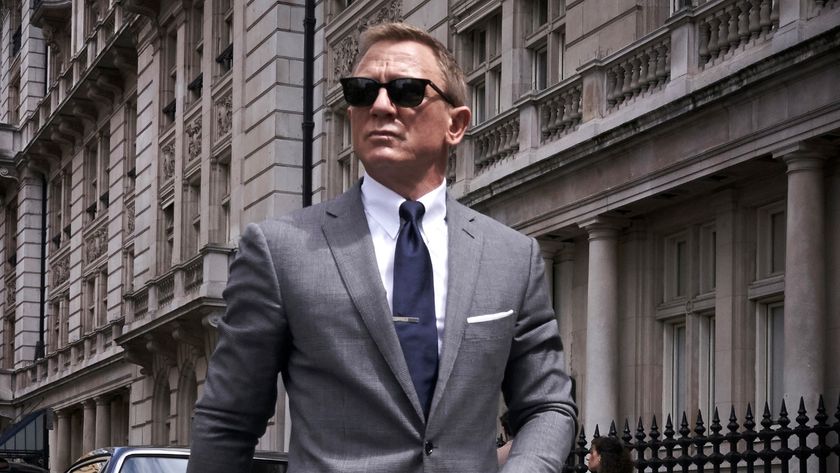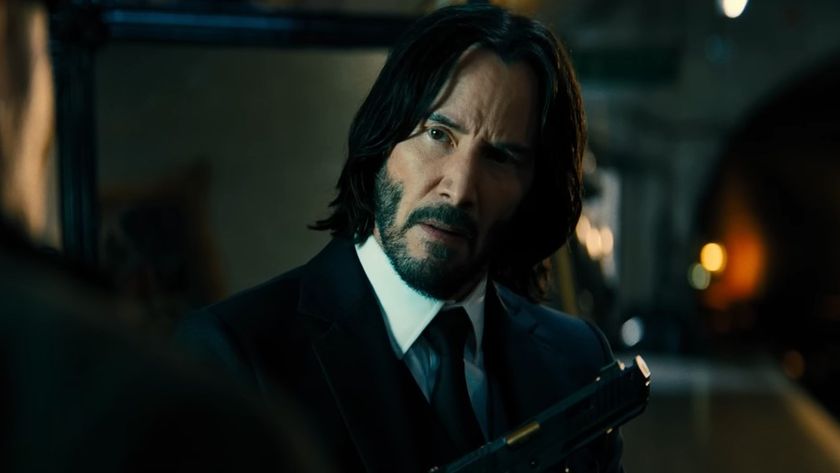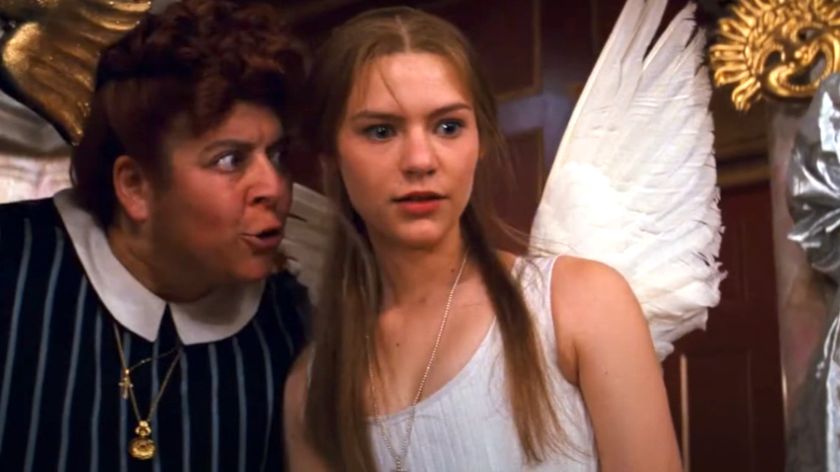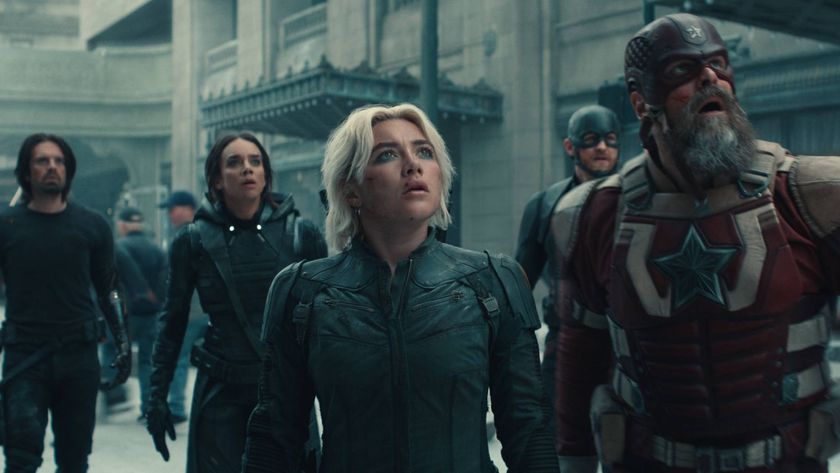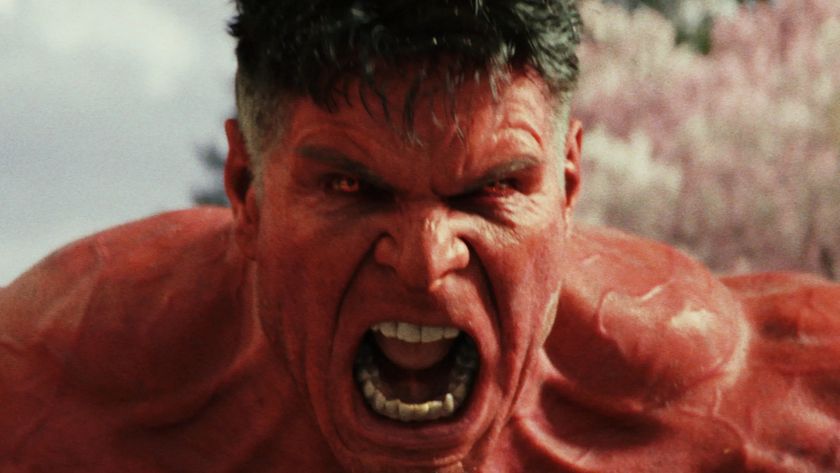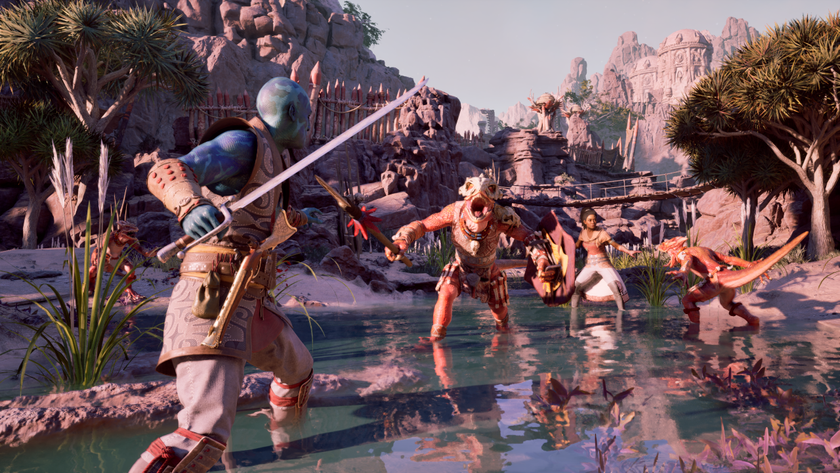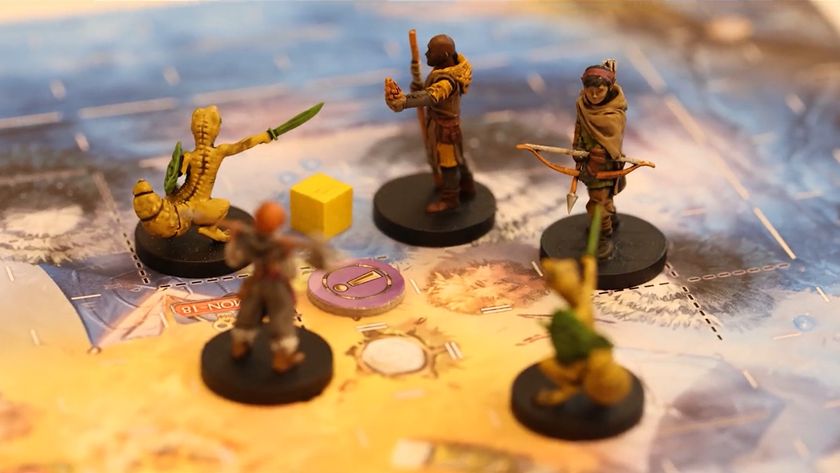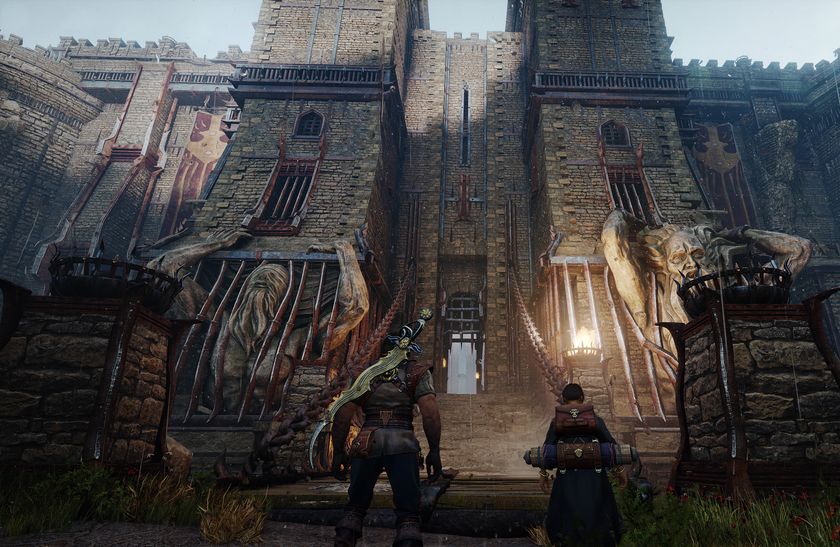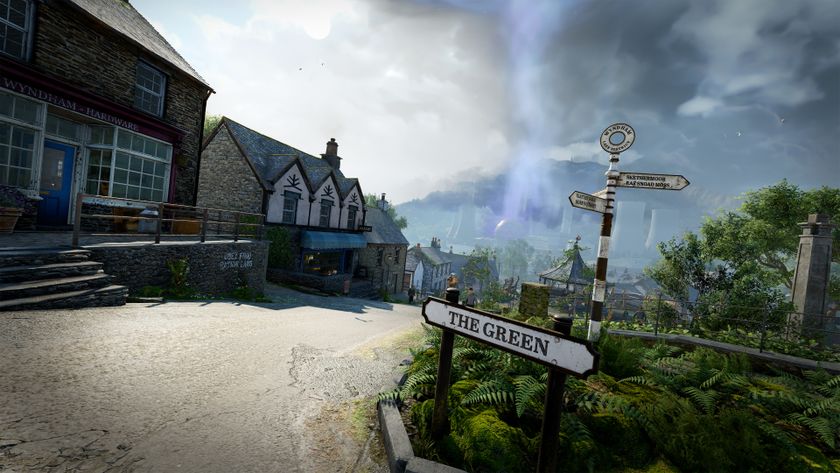"Ultimately, awards don't mean anything..."
David Strathairn, the star of Good Night, And Good Luck, talks Oscar silly season with Total Film
Congratulations on all the awards that have been coming your away for Good Night, And Good Luck, including your Best Actor Academy nod…
Thank you. I’m very grateful of course but quite frankly, awards are very odd to me because I think each award recognises everybody who made that character. It’s an ensemble piece that has captured the interest, or has captured something in our psyches and we want to respond to it, we want to thank somebody for telling this story – it should be the production people, all the designers and all the actors. It’s a thank you to George Clooney and Grant Heslov who wrote the piece and to whom we owe so much. At any given moment there’s a performance that should be lauded in some way, so an award is not for one person. For me, ultimately, it doesn’t mean anything.
The movie is very stylised. Was that tone already in place when you came onboard?
They had specific ideas how to do the project. One idea was that they were going to do it live – they wanted to do an actual live news-broadcast. George’s preparation with the historical material was amazing. He also pulled together a team of artists who provided an atmosphere. It was all shot in a studio and there are very few locations but we all needed to understand what it was like to be in that news studio. George’s understanding was from an innate experience that he had when he was growing up and he provided that for us. We would walk into the studio and there were copies of The New York Times from the 1950s corresponding to each script. He provided a world for us to immerse ourselves in.
How open was Clooney to the actors developing their own interpretations of the characters?
George is a very good director and a very generous director, very certain. He gives the actors a lot of room to move and a lot of support. If he disagreed with something or something didn’t go exactly as he’d envisioned, we didn’t know that. He never undermines the impulse and energy of the actors and that, in a way, is a safety net – it’s a very generous and wonderful thing.
How difficult was it portraying a real public figure? Were you conscious of the difference between acting and impersonating?
Yes, I was concerned. I asked myself, “Is this an impression? Is this just mimicry?” George told me not to worry about it. We just picked up on little things, like Edward R Murrow smoked a lot of cigarettes, his hair looked a certain way and he was very stylish, he had a particular way of speaking. All of this took a little of the onus off. Also, we weren’t under the pressure of doing someone who is in the foremost in our awareness but I felt that my responsibility was to affect a sense of the man inside this given event. It’s not a biopic, so we’re not investigating him at home with his family or how he was in society.
So how deep did you go when researching him?
It’s a daunting task to represent somebody who remains a standard bearer, it’s a great responsibility. I immersed myself in the biographies, and he’s referenced in almost anything that’s written about journalism. There’s footage of the scenes that are in the movie, so I watched and watched and listened and listened. I was only five or six when this was actually happening so I obviously had no sense of what was going on but I remember picking up on it. I knew it was something important because of the energy that was going through my parents and their friends.
Has the film changed your politics or your view of the media?
I would say I could concur with Murrow in his views although the film doesn’t necessarily say what his politics are - but the standards he espouses in the film, that we all have the right to face our accuser, all of the things that are spoken about in the film I agree with. It hasn’t changed my view of journalists themselves but I think the movie offers a glimpse into the infancy of an industry. They say the press is the fourth estate and a great democracy cannot exist without the fourth estate and this film shows that.
You’ve mentioned Murrow’s sense of style…
Well, you have a lot to learn about dress when dealing with any historical character – you learn about their world by what they wear. One thing that was a signature of Murrow were these big, red braces with this little graphic of a woman on them. If they’d have shot in colour, nobody would be able to take their eyes off of that.
Sign up for the Total Film Newsletter
Bringing all the latest movie news, features, and reviews to your inbox
Senator McCarthy has a major role in the film…
Yeah, how did we keep him on set! He was so demanding, he wanted the biggest trailer and he took the longest in hair and make-up – actually, I think he should have been submitted for Best Supporting Actor. Seriously, having that footage there was another brilliant thing on the part of George and Grant and the design of the film. To have an actor play that part would have been even harder than having an actor play Edward R Murrow. George and Grant decided that we had to use McCarthy in the same way Murrow did, to have him appear and sort of fall on his own sword. It meant that we were being respectful of journalistic ethics and letting the man speak for himself.
Where does Murrow’s “Good night, and good luck…” sign-off come from?
Good question. He got that phrase from the streets of London during the blitz, when he would walk around the bomb shelters. The English people would use it as an expression and I figured he bowed his head on “…good luck” because it cuts both ways. It’s good luck to the person they’re talking to but it’s also an invocation, good luck for themselves.
The Total Film team are made up of the finest minds in all of film journalism. They are: Editor Jane Crowther, Deputy Editor Matt Maytum, Reviews Ed Matthew Leyland, News Editor Jordan Farley, and Online Editor Emily Murray. Expect exclusive news, reviews, features, and more from the team behind the smarter movie magazine.
